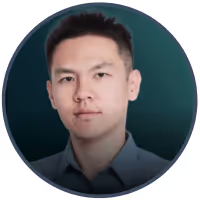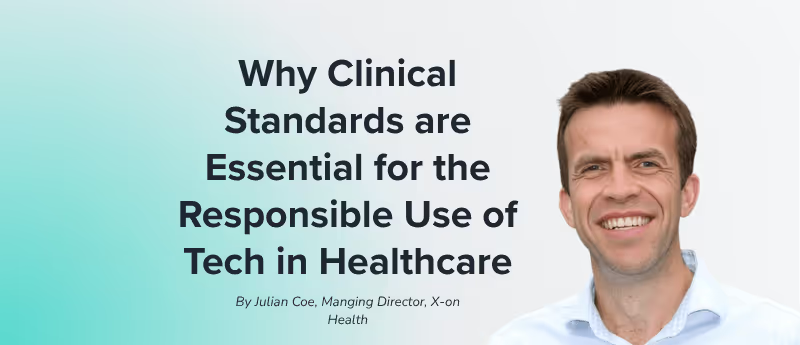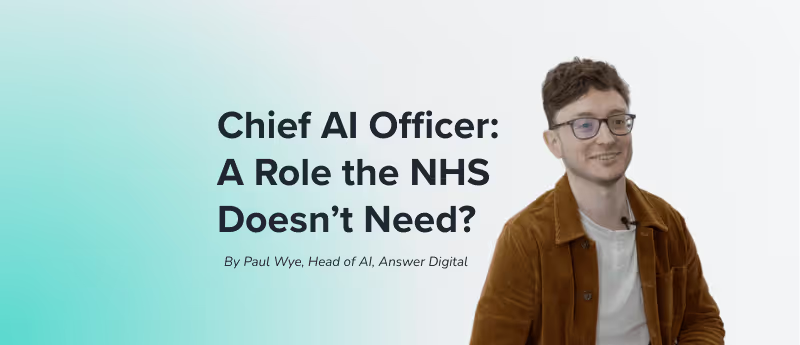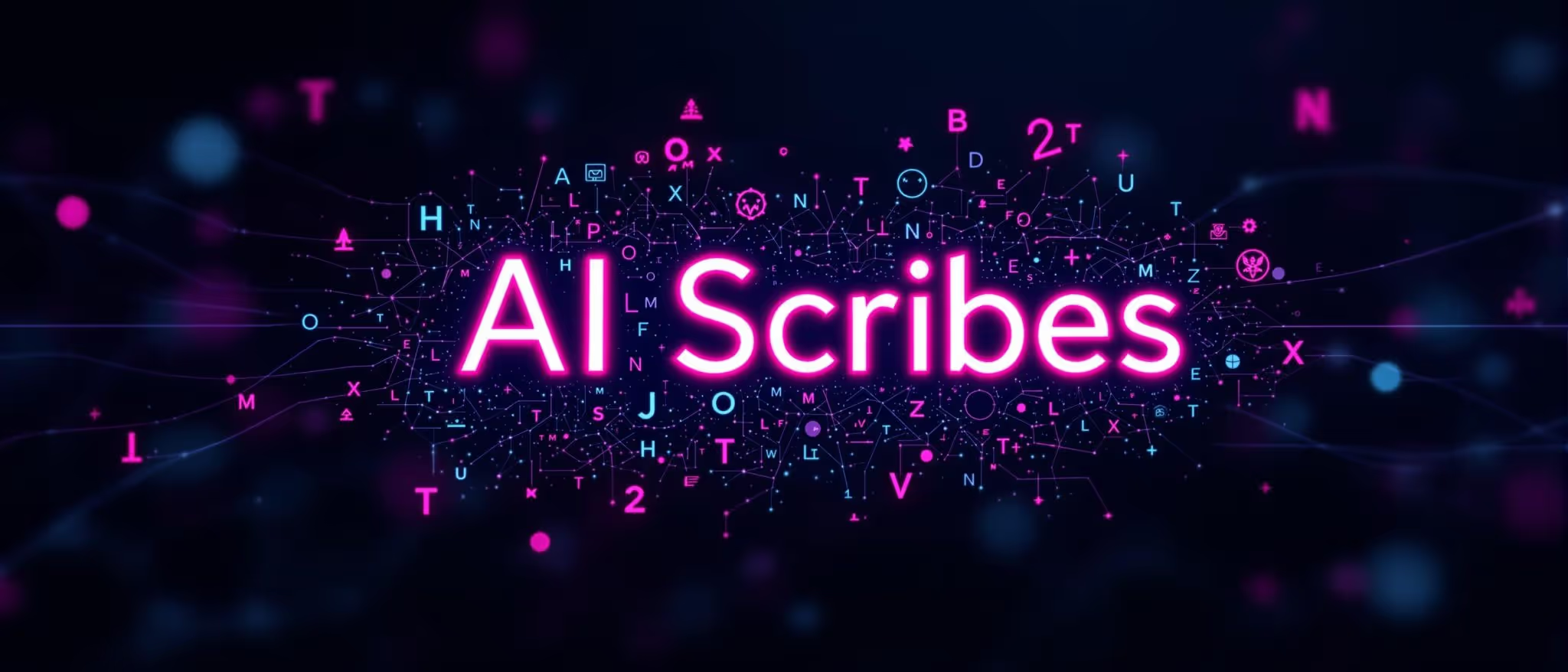The AI Summit 2023: an interview with Gan Zhang
The AI Summit 2023: an interview with Gan Zhang
.png)
In this interview we speak with Gan Zhang (Trip.com Group, UK) about biases in AI and how Gan thinks AI or machine learning data-driven solutions can benefit healthcare. This interview took place at The AI Summit London 2023 (14–15 June, London, UK).
Please could you introduce yourself and provide a brief overview of your career to date?
I have been in the product management space for a few years. I am still an early professional, but I have really focused my career in machine learning data-related products and it has been really, really rewarding so far as I see a lot of impact made by big data. I started my journey with a company called Consumer Reports, a media company in New York City. And then I moved to Europe to work for Trip.com Group (UK). It is a parent company of Skyscanner, CheapTicket, Ctrip: a few traveling websites. I worked in both London and Amsterdam for that job.
I have recently started working for Maersk (London, UK), a shipping and logistics service company. All of my role has a data product or machine learning product component, essentially discovering use cases of machine learning to solve business and user problems. That is my career up to date. Outside of my day job I really enjoy public speaking. One of my passions is to make AI and machine learning knowledge accessible and equitable to everyone. I am actually not able to code much myself. However, I believe people could still get into a tech career without being a programmer. That is what I am really passionate about outside of work.
You spoke just now at a talk discussing biases in AI. What are some key takeaways from the talk?
The key takeaway from the talk is that AI could be biased because of the data. It could also be because of the people who design how to collect the data or the people who build the model. One of the most fundamental solutions is getting people from different backgrounds involved in AI, machine learning and data science, and that was the focal point of the talk. And some of the female leaders on the panel also emphasized that there are things that organizations need to do to really uplift women, uplift minorities to stay, not only to get into the talent pipeline, but also to stay in the talent pipeline. I personally like to talk about a few best practices that I have seen in my career. I also give advice to young professionals, specifically young female professionals who want to pursue careers in tech. We highlight the fact that there are different roles you could play in tech and we really need people from different skill sets as well as mindsets to make things work, because they are very valuable for a younger audience to hear from.
What are some of the biggest challenges you experience when prioritizing AI or machine learning solutions in your organization?
I think one of the biggest challenges is that people do not immediately see the value of AI or machine learning. Or a lot of the people on the business side or the user side do not necessarily know machine learning is a tool that they can leverage. That certainly keeps us a little bit slow in terms of maximizing the benefit of AI and machine learning. That is the biggest concern. During machine learning solution development I also noticed that to make it work you really need a cross-functional team that has business knowledge, domain knowledge, and people that have data science knowledge. Not all companies have a good liaison between all of these functions.
For example, people like me are not easy to find. I sit in between user technology and business and each of these teams talks in a different language and people that sit in the middle need to be able to translate as well as motivate the teams and add cohesiveness to the teams and that is very rare to find from a soft-scale standpoint. I also think that is another challenge from a team morale, team culture standpoint.
Finally, in your opinion, how can AI or machine learning data-driven solutions benefit healthcare?
There are two different aspects that AI and machine learning data-driven solutions can benefit healthcare. One is that machine learning could provide better recommendations or diagnosis solutions for diseases. One of my friends back in New York City is a medical professor at Mount Sinai (NY, USA), which is one of the best medical schools in the country, and he has been leveraging AI and big data, and acquiring data to really tackle the issues in cancer treatment and cancer diagnosis. I thought that is really, really great and I think that it is important to continue investing in big data infrastructure, especially in the healthcare sector.
Secondly, from an administrative standpoint, while I was in business school, I took a course called Health Analytics, where I had the opportunity to speak to many guest lecturers. One of the statistics they keep emphasizing in hospitals is that (this was a few years ago) about 50% of the working hours of primary care physicians in the US are spent on administrative work, for example, prescribing prescriptions, filing out the EHEMR, electronic medical records, and they only spend around 30% of their time talking to patients, which is not really supposed to be the case. I think on that front, I have seen some developments really helping healthcare professionals to focus on what they are supposed to do, not administrative work. I will say this is a long way to go because it also has to be customized for each type of doctor. But with so many start-up businesses out there, I am just really looking forward to being able to serve that kind of user, which is really supporting medical professionals.
Interviewee profile:

Gan Zhang is a seasoned product manager specializing in AI/machine learning, data platform and fintech products, with a successful background in leading Fortune 500 companies. Currently, Gan drives product pricing and growth in the inland shipping sector at Maersk. Prior to this, he held a senior product manager position at Trip.com Group, where he led data platform, machine learning solutions, and FX hedging development in EMEA. Gan's academic credentials include a Master's Degree in Business Analytics from Duke University's Fuqua School of Business. Additionally, he is an accomplished speaker and content creator within the product management domain.
.png)
.png)
.png)



